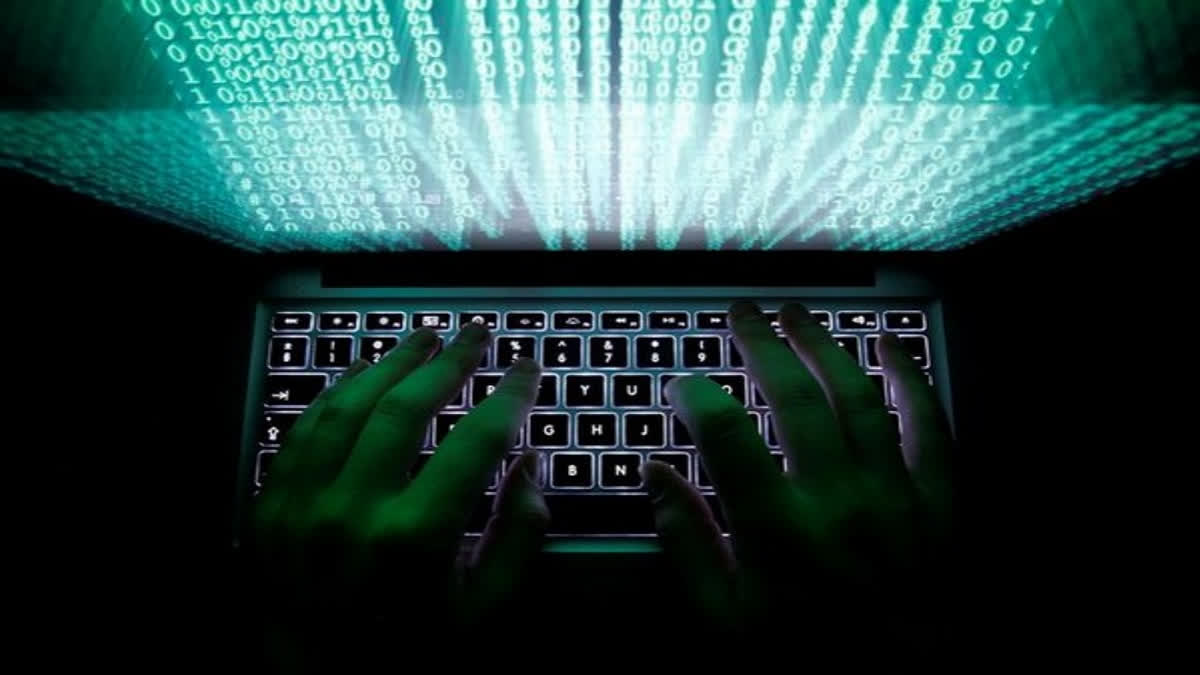New Delhi: Stating that “digital arrest” is an organised online economic crime operated by cross-border crime syndicates, the Ministry of Home Affairs (MHA) on Tuesday issued a nationwide alert against such crime. “Across the country, several victims have lost large amounts of money to such criminals. This is an organised online economic crime and is learnt to be operated by cross-border crime syndicates,” the home ministry stated.
In fact, a few days back ETV Bharat did a comprehensive story on how online crime syndicates and fraudsters have been cheating people by digital arrest. The home ministry has appealed to the citizens to be alert and spread awareness about these types of fraud. “On receipt of such calls, the citizens should immediately report the incident on cybercrime helpline number 1930 for assistance,” it said.
A large number of complaints are being reported on the National Cyber Crime Reporting Portal (NCRP) regarding intimidation, blackmail, extortion and “digital arrests” by cybercriminals posing as police authorities, Central Bureau of Investigation (CBI), narcotics department, Reserve Bank of India (RBI), enforcement directorate and other law enforcement agencies.
The ministry said that these fraudsters typically call a potential victim and inform that the victim has sent or is the intended recipient of a parcel, which contains illegal goods, drugs, fake passports or any other contraband item.
“Sometimes, they also inform that a near or dear one of the victims is involved in a crime or an accident and is in their custody. A demand for money is made to compromise the “case”. In certain instances, unsuspecting victims undergo “digital arrest” and remain visually available over Skype or other video conferencing platforms to the fraudsters, until their demands are met. The fraudsters are known to use studios modelled on Police Stations and Government offices and wear uniforms to appear genuine,” the ministry stated.
The Indian Cyber Crime Coordination Centre (I4C), under the Ministry of Home Affairs, coordinates activities related to combating cybercrime in the country. “MHA is closely working with other Ministries and their agencies, RBI and other organisations to counter these frauds. I4C is also providing inputs and technical support to police authorities of States and UTs for identifying and investigating the cases.” The home ministry said.
As per data, I4C has also blocked more than 1,000 Skype IDs involved in such activities, in collaboration with Microsoft. The I4C is also facilitating blocking of SIM cards, mobile devices and mule accounts used by such fraudsters. I4C has also issued various alerts through infographics and videos on its social media platform ‘Cyberdost’ and X, Facebook, Instagram and others.
Read more:"Digital House Arrests", A New Modus Operandi Of Cybercriminals: Cyber Crime Coordination Centre
